
Articles on Water treatment
Displaying 1 - 20 of 32 articles

Hard water might dry out your hair and skin − but having hard water isn’t necessarily a bad thing.

Water is everywhere, but freshwater supplies are limited on many Caribbean islands. Rising demand and climate change are worsening water shortages for the people who live here.
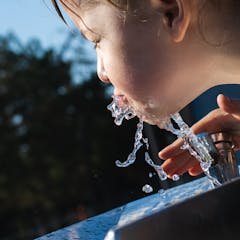
There are a lot of myths and strongly held beliefs around one of life’s simplest activities – drinking water.

Water shortages are one of the greatest problems created by a warming world. A decentralized water system is a compelling counterargument to the notion that bigger is better.
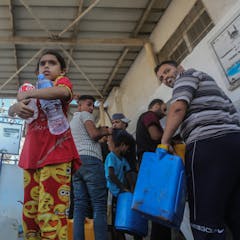
As the war between Hamas and Israel grinds forward, two experts explain how Israelis and Palestinians have cooperated to tackle their region’s water challenges.
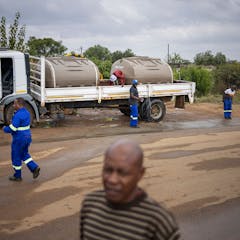
Good legislation has been undermined by poor planning, limited investment and governance, but recent water reports suggest the government recognises the scale of the problems.
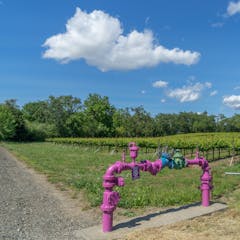
We detected 180 contaminants in treated and untreated water. None of those found in treated water breached human health guidelines, but we should not forget about potential impacts on the environment.
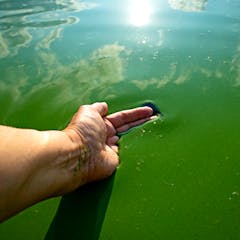
Many of our rivers are overloaded with nutrients from fertiliser run off and wastewater. Algal blooms, fish kills and poor water follow. One solution? Nutrient offsetting.
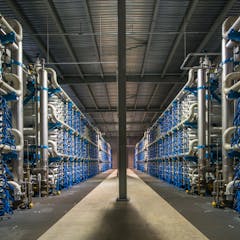
Nearly 97% of the world’s water is in the oceans, but desalination is no magic bullet for water-stressed coastal cities.

A heat wave that pushed California’s power grid to the limit, and the water system failure in Jackson, Mississippi, are just two examples.

South Africa’s dams are overflowing but the country is still facing water supply challenges.

High levels of lead were unexpectedly found in 14 UK schools’ drinking water: so how much do we really know about what’s in our pipes?

Rapid industrialisation and infrastructure development in developing countries have propelled the growth of the nonylphenol market.

Are facilities that produce necessities like energy and clean water doomed to be ugly? Not when artists and landscape architects help design them.

The solids from wastewater plants are usually dumped into landfills because they are contaminated with heavy metals. Now there is a way to remove the metals so the waste can be used as fertilizer.

Nuclear threats are serious – but officials, the media and the public keep a close eye on them. There’s less attention to the dangers of cyberattacks, which could cripple key utilities.

The ‘used water’ that flows from our showers, dishwashers and toilets isn’t a waste to engineers – it contains valuable materials. The challenge is recovering them and turning them into products.

A few decades ago Boston Harbor was one of the nation’s dirtiest water bodies. Now, healthier fish in the harbor underscore that a multibillion-dollar cleanup has succeeded.

Chlorine has been used to disinfect drinking water for more than a hundred years. But new alternatives may be safer.

Every year councils around Australia compete to prove they have the best-tasting tap water in the country.
